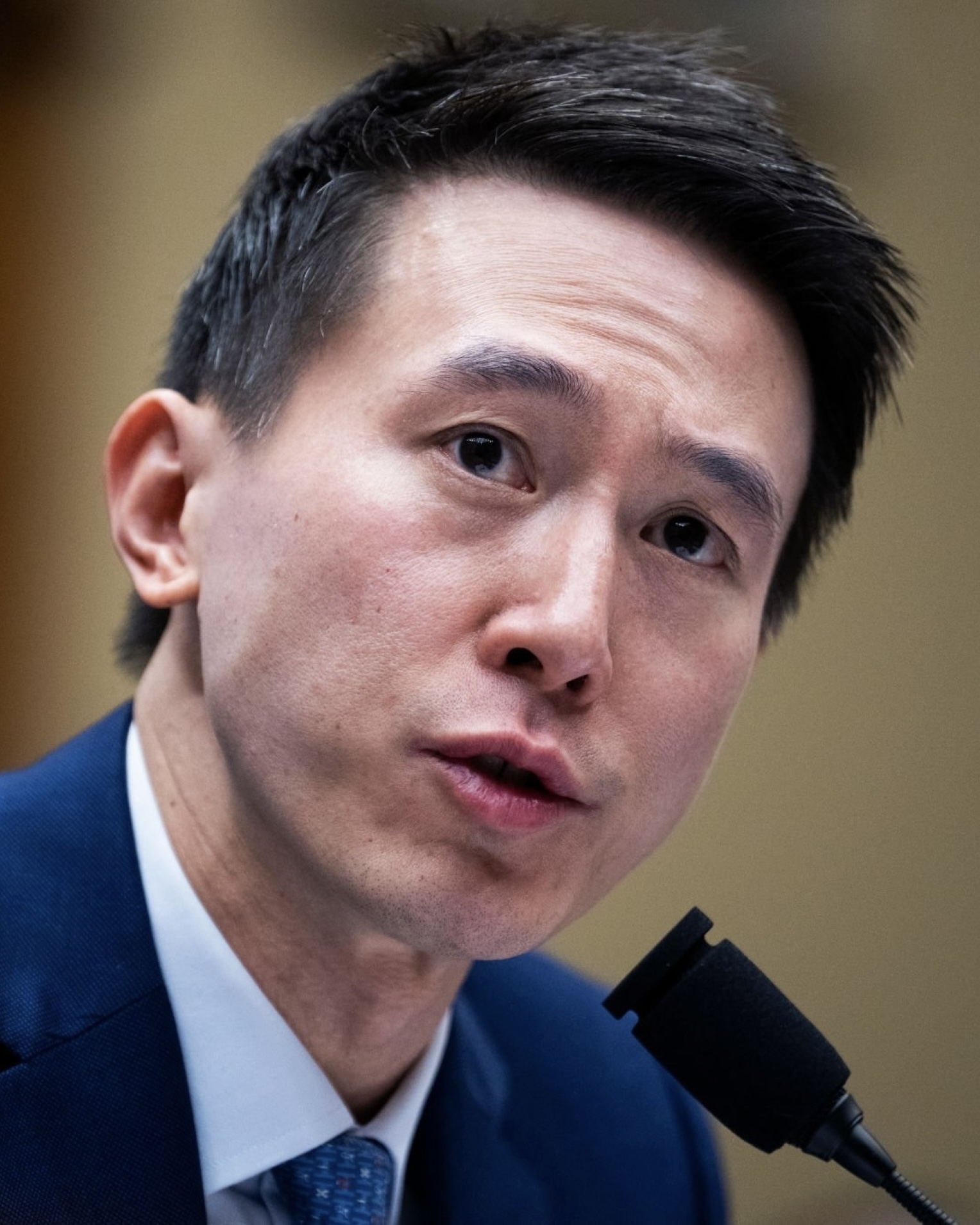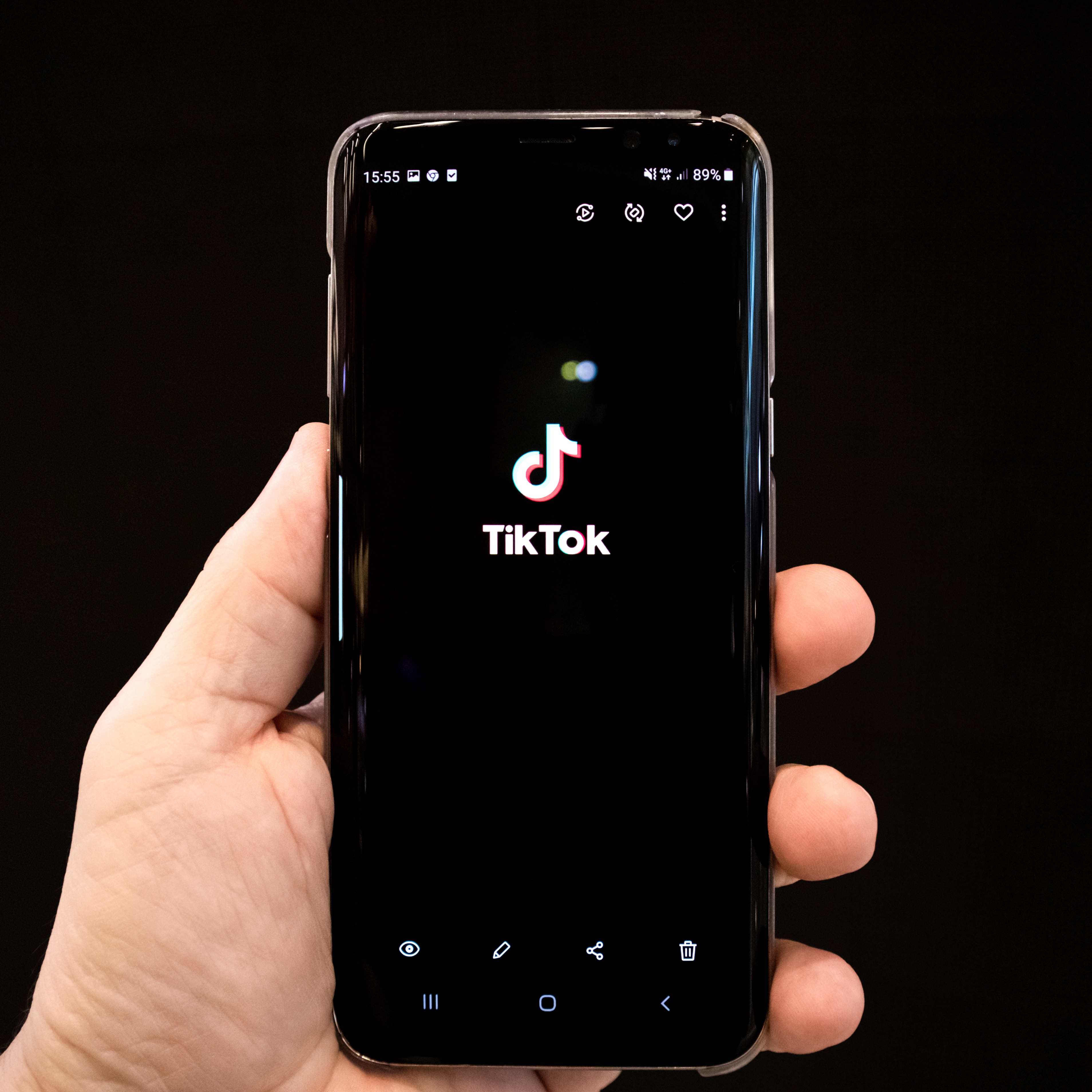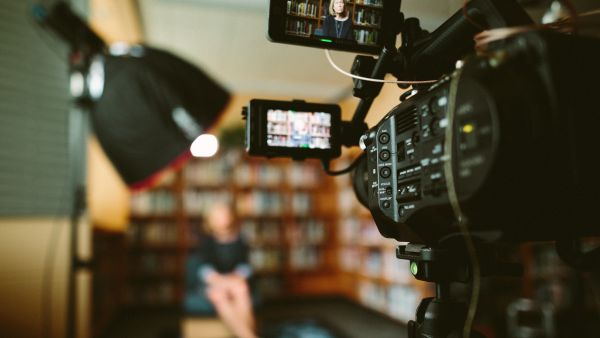TikTok may be one of the world’s most popular social media apps, with over 700 million global users, but it has a problem: privacy. Data privacy is a significant concern, particularly in the context of a company such as TikTok and its access and use of user data. Some TikTok employees’ confirmation that they can access and use user data added fuel to the fire. As discerning rules start to set in from both lawmakers and the companies themselves, users should consider the implications of having an app that may have a different valued security and privacy standards than other social media apps. This heightened scrutiny has made its way to Congress, where the CEO of TikTok, Shou Zi Chew, was called to answer for the company’s access, use, and potential misuse of user data. Unfortunately, Chew refused to answer Congress’ questions outright, adding more doubt about what information is being gathered and shared and who might have access to that data. This refusal to answer direct questions has prompted Congress to consider passing a ban on the app, citing national security concerns.
This heightened scrutiny has made its way to Congress, where the CEO of TikTok, Shou Zi Chew, was called to answer for the company’s access, use, and potential misuse of user data. Unfortunately, Chew refused to answer Congress’ questions outright, adding more doubt about what information is being gathered and shared and who might have access to that data. This refusal to answer direct questions has prompted Congress to consider passing a ban on the app, citing national security concerns.
TikTok has taken steps to improve its privacy policies since the uproar, such as making it harder for third-party apps to access TikTok user data, preventing users from sharing their content without explicit permissions and introducing additional age-verification measures for users under the age of 16.
However, these changes may not be enough to gain Congress’ confidence. The issue of data privacy is a hot-button topic and not one that lawmakers take lightly. Moreover, with such a large market of children and teens on TikTok, the company will likely have to make more changes if they wish to keep its users safe.
Although the threat to ban TikTok is still looming over the company, the app remains one of the most popular in the world. Its widespread reach is largely due to its slick user interface, making creating and sharing videos easy. Additionally, the app constantly introduces new features, such as the ability to live stream, creating a continually engaging space.
Not only have employees accessed users’ private information, but the company has also been accused of censoring videos of topics that may not align with their personal beliefs. For example, some people reportedly had posted videos about the current Chinese Communist Party removed from the app due to content sensitivity. While TikTok has denied having a hand in these censorship decisions, many doubt their claim. Though the bulk of privacy issues stem from the platform’s massive user base and its average user’s lack of knowledge regarding data protections, the high-level and blatant refusal to cooperate with Congress regarding user data protections leaves much to be desired. As a result, many are beginning to call for an official government investigation into the platform’s data privacy policies and practices. Senator Josh Hawley has even called for a consumer privacy bill of rights geared explicitly toward TikTok’s use of our data. Ultimately, the jury is still out concerning the security and privacy of TikTok.
Got An Idea? Lets Make It
Happen Today
Just Wanna Chat ? Just let Us Know When








